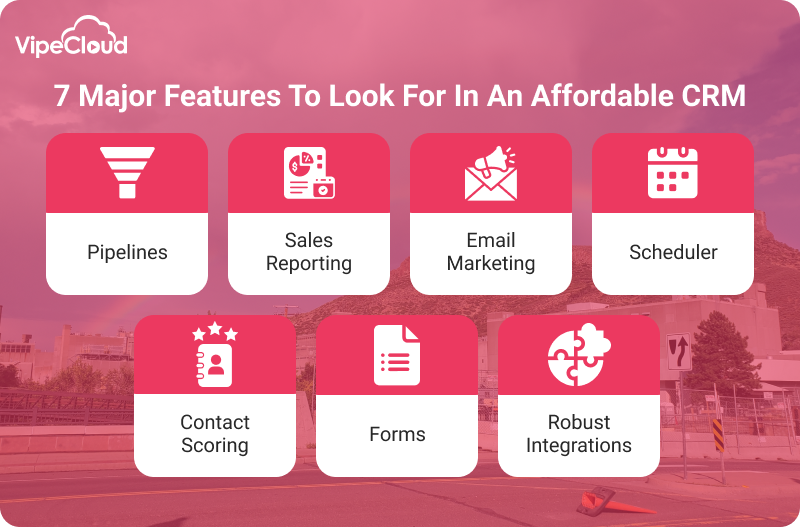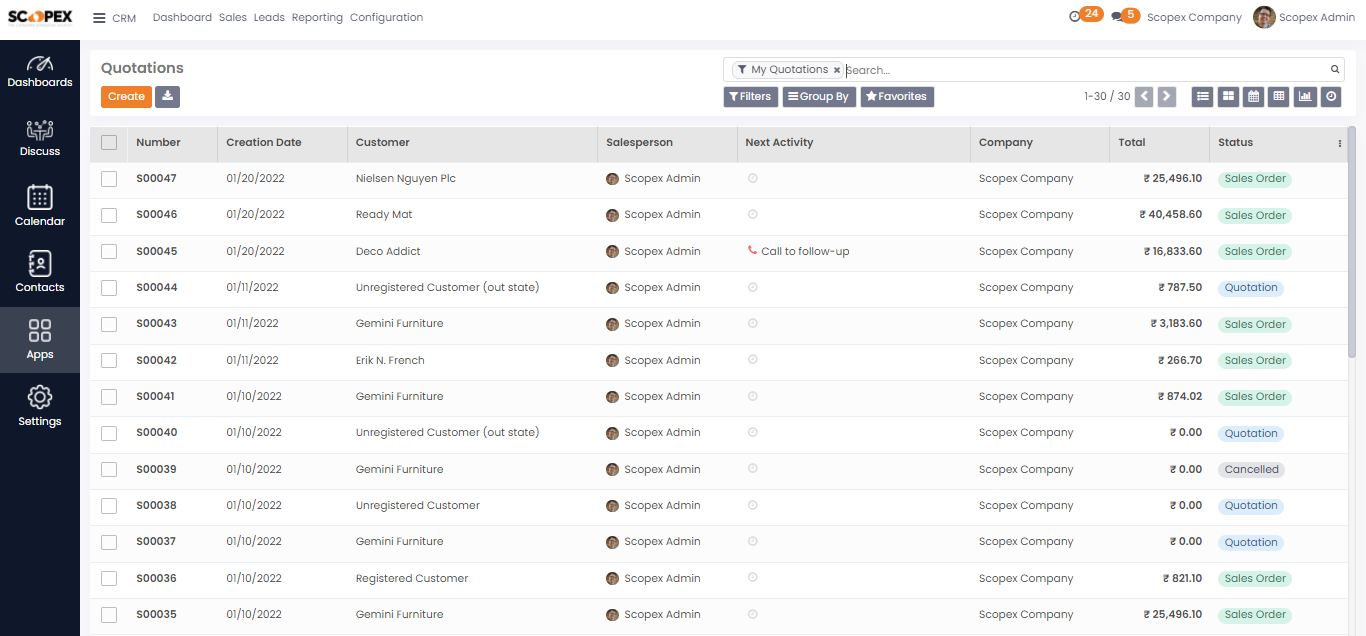Crm low cost – In today’s competitive business landscape, low-cost CRM solutions are gaining traction as a powerful tool for managing customer relationships effectively. These cost-effective systems offer a range of features that cater to the needs of small and medium-sized businesses, enabling them to streamline operations, improve efficiency, and enhance customer satisfaction.
This comprehensive guide delves into the world of low-cost CRM, exploring its benefits, key features, challenges, and successful implementations. Whether you’re considering adopting a CRM system for the first time or looking to upgrade your existing solution, this guide will provide you with the insights you need to make an informed decision.
Overview of Low-Cost CRM Solutions

Low-cost CRM systems are designed to provide businesses with affordable and effective customer relationship management (CRM) capabilities. These solutions typically offer a range of features, including contact management, lead tracking, sales forecasting, and customer support, at a fraction of the cost of traditional CRM systems.
There are many benefits to using a low-cost CRM system. These benefits include:
- Affordability:Low-cost CRM systems are significantly more affordable than traditional CRM systems, making them a viable option for businesses of all sizes.
- Ease of use:Low-cost CRM systems are designed to be easy to use, even for businesses with limited technical resources.
- Flexibility:Low-cost CRM systems are often highly flexible, allowing businesses to customize the system to meet their specific needs.
There are many popular low-cost CRM solutions available. Some of the most popular solutions include:
- HubSpot CRM:HubSpot CRM is a free CRM solution that offers a range of features, including contact management, lead tracking, and sales forecasting.
- Zoho CRM:Zoho CRM is a paid CRM solution that offers a wide range of features, including contact management, lead tracking, sales forecasting, and customer support.
- Salesforce Essentials:Salesforce Essentials is a paid CRM solution that offers a range of features, including contact management, lead tracking, and sales forecasting.
Key Features of Low-Cost CRM Systems
Low-cost CRM systems offer a range of core features that are essential for managing customer relationships. These features include:
Contact management:Low-cost CRM systems allow you to store and manage contact information for your customers, including name, address, phone number, and email address. You can also track customer interactions, such as phone calls, emails, and meetings.
Sales tracking:Low-cost CRM systems can help you track your sales pipeline and forecast revenue. You can also use these systems to manage your sales team and track their performance.
Marketing automation:Low-cost CRM systems can help you automate your marketing campaigns. You can use these systems to create and send emails, track website traffic, and manage social media campaigns.
Customer service:Low-cost CRM systems can help you provide better customer service. You can use these systems to track customer support tickets, manage customer feedback, and create knowledge bases.
Reporting:Low-cost CRM systems can generate reports that provide you with insights into your sales, marketing, and customer service activities. You can use these reports to improve your business performance.
The specific features offered by low-cost CRM systems vary from vendor to vendor. However, the core features listed above are typically included in all low-cost CRM systems.
When comparing low-cost CRM systems, it is important to consider the following factors:
- Features:Make sure that the CRM system you choose has the features that you need.
- Price:Low-cost CRM systems are typically priced on a monthly or annual subscription basis. Be sure to compare the prices of different systems before you make a decision.
- Ease of use:Low-cost CRM systems should be easy to use, even for non-technical users.
- Customer support:Make sure that the CRM system you choose offers good customer support.
The following table summarizes the key features of some of the most popular low-cost CRM systems:
| CRM System | Features | Price | Ease of Use | Customer Support |
|---|---|---|---|---|
| HubSpot | Contact management, sales tracking, marketing automation, customer service, reporting | Free for up to 1,000 contacts | Easy to use | Good |
| Zoho CRM | Contact management, sales tracking, marketing automation, customer service, reporting | $12 per user per month | Easy to use | Good |
| Salesforce Essentials | Contact management, sales tracking, marketing automation, customer service, reporting | $25 per user per month | Easy to use | Good |
| Pipedrive | Contact management, sales tracking, marketing automation, customer service, reporting | $12.50 per user per month | Easy to use | Good |
| Insightly | Contact management, sales tracking, marketing automation, customer service, reporting | $29 per user per month | Easy to use | Good |
Benefits of Using a Low-Cost CRM

Low-cost CRM solutions offer a range of benefits that make them an attractive option for businesses of all sizes. These benefits include:
Cost-effectiveness, Crm low cost
Low-cost CRMs are significantly more affordable than traditional on-premise CRM systems. This can save businesses a substantial amount of money, especially for small businesses with limited budgets.
Improved efficiency
Low-cost CRMs can help businesses improve their efficiency by automating tasks such as lead generation, contact management, and sales tracking. This can free up employees to focus on more strategic tasks, such as building relationships with customers.
Examples of benefits
Here are a few examples of how businesses have benefited from using a low-cost CRM:
- A small business increased its sales by 20% after implementing a low-cost CRM.
- A medium-sized business saved over $10,000 per year by switching to a low-cost CRM.
- A large enterprise improved its customer satisfaction by 15% after implementing a low-cost CRM.
Challenges of Using a Low-Cost CRM

Low-cost CRMs offer numerous advantages, but they also come with certain limitations that businesses should be aware of before making a decision. These challenges can range from limited functionality to scalability issues. Understanding these potential drawbacks and developing strategies to overcome them is crucial for successful CRM implementation.
Overcoming Challenges
Despite the potential challenges, there are several effective ways to overcome them and ensure a successful CRM implementation:
- Assess Your Needs:Before selecting a low-cost CRM, it is essential to carefully assess your business requirements. Identify the specific features and functionalities that are critical for your operations. This will help you choose a CRM that meets your needs and avoid investing in unnecessary capabilities.
- Research and Compare:Conduct thorough research to compare different low-cost CRM solutions. Read reviews, consult industry experts, and consider vendor demos to gain insights into the capabilities and limitations of each system. This will enable you to make an informed decision that aligns with your business goals.
- Consider Customization:Low-cost CRMs may not offer extensive customization options. However, some providers allow for limited customization through plugins or integrations. Explore these options to tailor the CRM to your specific business processes and requirements.
- Plan for Scalability:As your business grows, your CRM needs will likely evolve. Choose a low-cost CRM that offers scalability options to accommodate future growth. Consider factors such as data storage capacity, user licenses, and the ability to integrate with other applications.
- Seek Support:Low-cost CRM providers may offer limited support compared to enterprise-level solutions. However, it is important to ensure that the provider offers reliable support channels, such as email, phone, or online chat, to assist with any issues that may arise.
Case Studies of Successful Low-Cost CRM Implementations: Crm Low Cost
Numerous businesses have achieved remarkable success by implementing low-cost CRM solutions. These case studies provide valuable insights into the best practices and strategies for leveraging these systems effectively.
One notable example is the implementation of Salesforce Essentials by a small software development company. By utilizing this low-cost CRM, they streamlined their sales processes, improved customer communication, and increased their conversion rates significantly. The key to their success was the seamless integration of Salesforce Essentials with their existing tools and the adoption of a data-driven approach to sales management.
Benefits Realized by the Software Development Company
- Enhanced sales pipeline visibility
- Improved customer relationship management
- Increased sales efficiency
- Optimized marketing campaigns
Last Recap

As we conclude our exploration of low-cost CRM, it’s evident that these solutions offer a compelling value proposition for businesses seeking to enhance their customer relationships without breaking the bank. By carefully considering the factors discussed in this guide, businesses can select the right low-cost CRM that aligns with their specific needs and empowers them to achieve their customer management goals.
FAQ Resource
What is a low-cost CRM?
A low-cost CRM is a customer relationship management system designed to be affordable for small and medium-sized businesses. These systems typically offer a range of core CRM features at a lower price point compared to more comprehensive CRM solutions.
What are the benefits of using a low-cost CRM?
Low-cost CRMs offer several benefits, including cost-effectiveness, improved efficiency, increased sales, enhanced customer satisfaction, and better decision-making.
What are the challenges of using a low-cost CRM?
Potential challenges of using a low-cost CRM include limited features, scalability issues, and lack of customization options. However, these challenges can be mitigated by carefully selecting a CRM that meets your specific needs.
